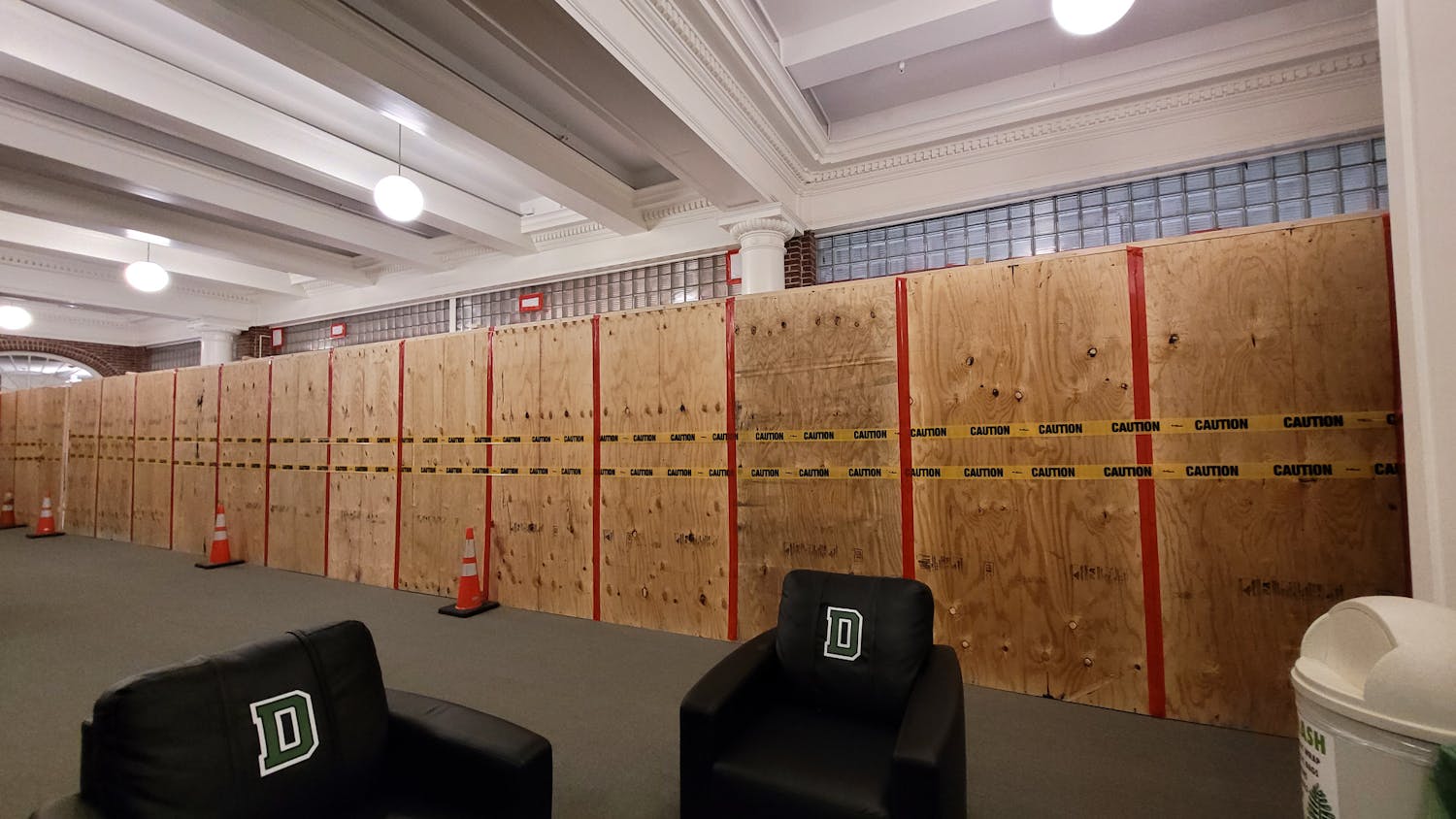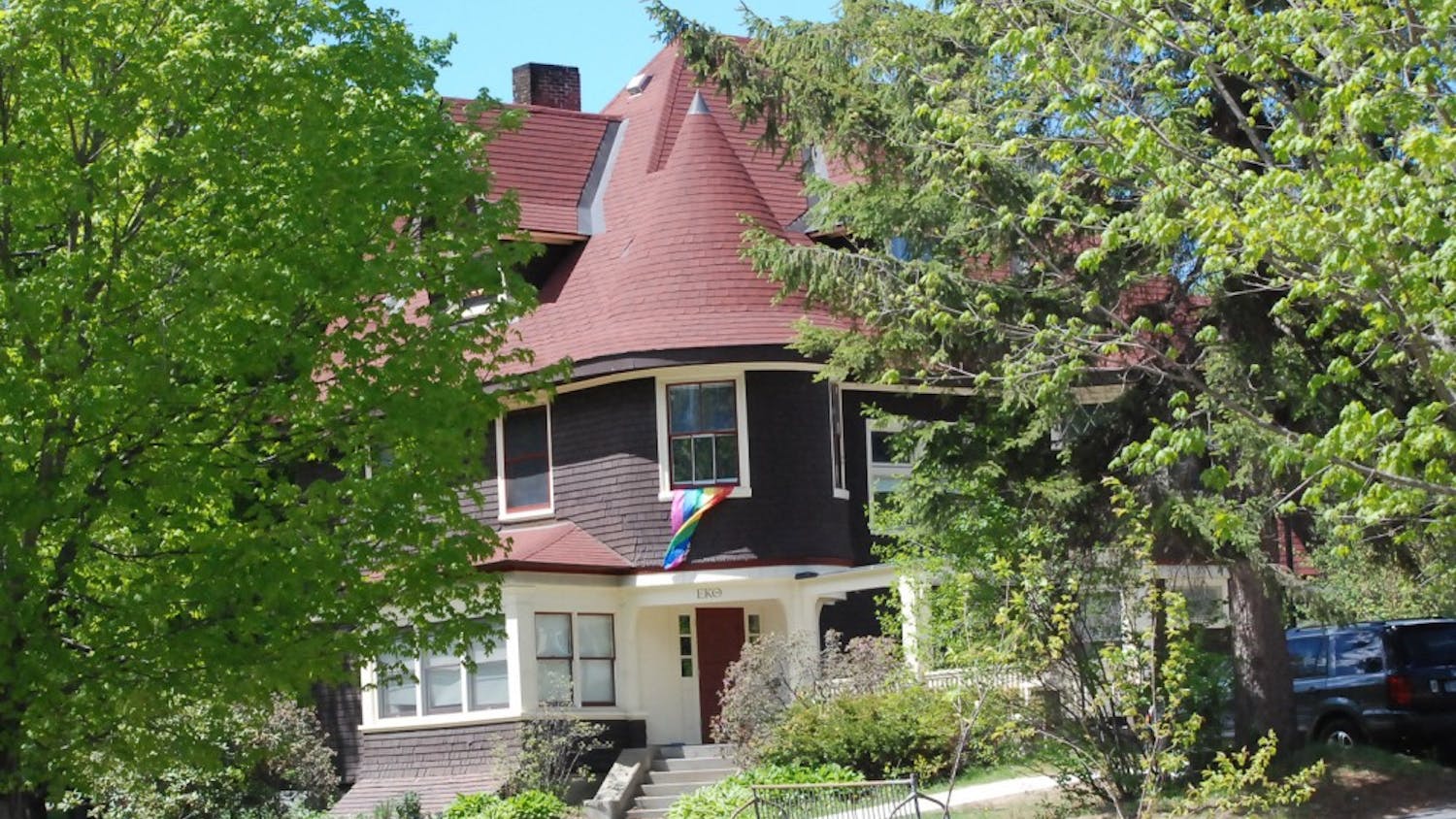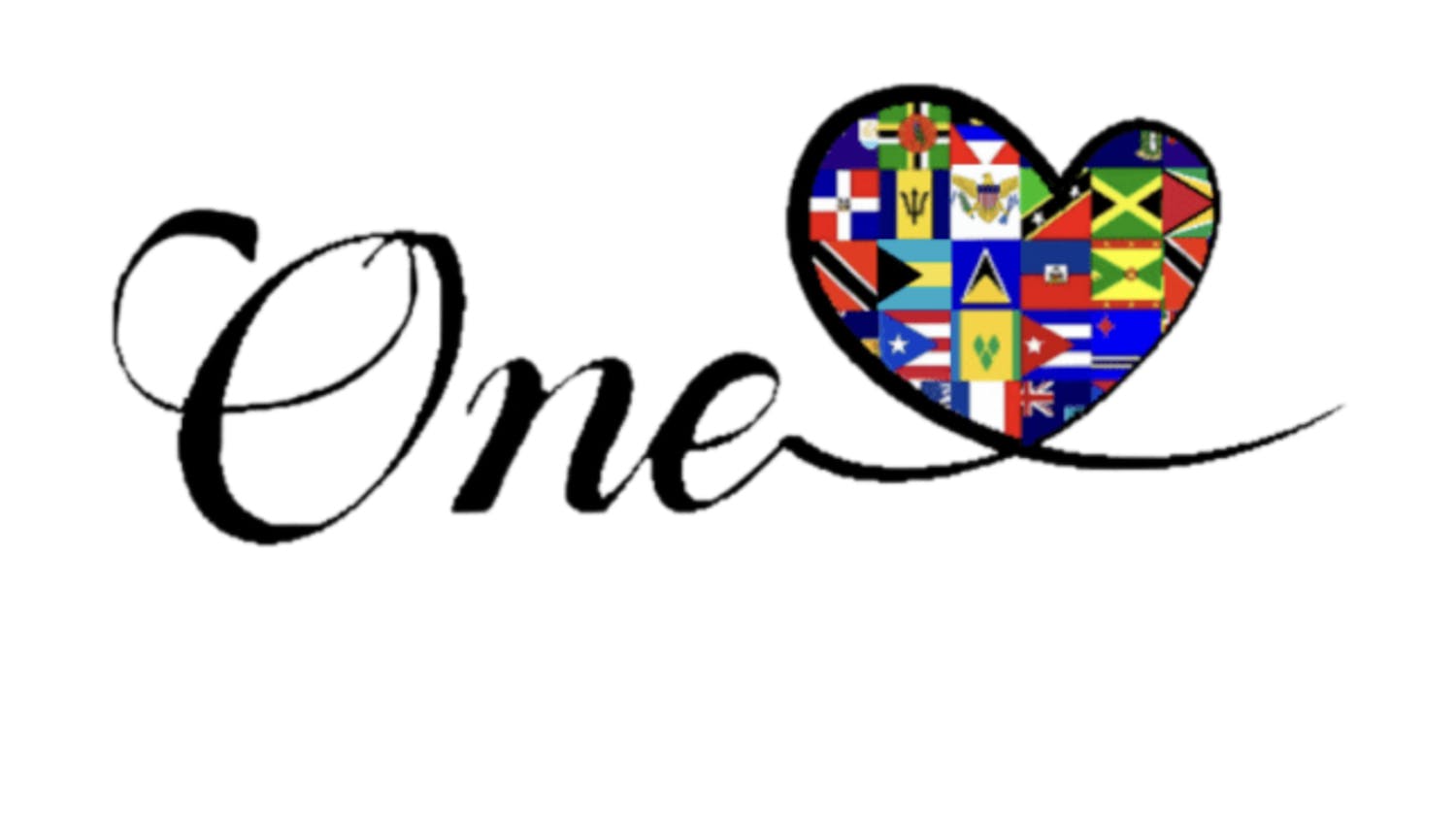On Thursday, students, faculty and members of the Dartmouth community gathered in the Treasure Room in Baker Library — a space with books lining the walls and light filtering in through stained glass windows — for the Benjamin F. Barge and Class of 1866 Prizes for Oratory Speech contest, an annual event celebrating the oratory arts within the Institute for Writing and Rhetoric.
Titus Kabega ’17 and Evan Read ’16 won the Class of 1886 Prizes for their respective class years, and Kimberly Strauch ’15 won the Benjamin F. Barge prize.
Other contestants, selected from a larger pool, included Mohandass Kalaichelvan ’15, Kelsey Stimson ’15, James Hickok ’17, Sofia Karabasevic ’16, Megan Bogia ’15 and Henry Frost ’15. Writing professor Paul Klaas ’74, physics and astronomy professor Robyn Millan and judge Mary Miles Teachout of the Vermont Superior Court judged the speeches.
In his opening remark, Klaas looked fondly back to his own days at the College and emphasized the increasing importance of the oratory arts in a fast-paced, changing world.
For speech professor Josh Compton, the event provided an opportunity to celebrate not only the work of Dartmouth students and the Institute for Writing and Rhetoric faculty and staff, but also the power of speech to enact change in the community.
“The contest is a really special event,” Compton said. “It’s special for Dartmouth in general, and it’s special for the speech and rhetoric department as well. It’s a contest, but also a celebration of rhetoric, the power of words to change minds and the power of words to change the world.”
The capability of words to effect change proves all the more important during a time when the College’s focus is returning to its core mission, he said.
“Even in a contest setting, speech is a reflection of dialogue,” Compton said. “Dialogue is at heart of liberal arts curriculum, as there’s a collaborative process between the speaker and listener. Dialogue becomes asking difficult questions and questioning difficult answers.”
The subjects of these five-minute speeches covered a wide range of topics, from vaccinations to horticulture. Bogia talked about courage and perfectionism.
“As a former occasional perfectionist, I think that it’s a really relatable thing that we all strive to be, or to strive to fill an ideal, but I think instead it’s better to just be who we are naturally,” Bogia said. “It’s about being brave.”
Hickok, another contestant, addressed the importance of maximizing one’s college experience by tapping into social circles.
“Last fall I was giving a persuasive speech about how to have a feeling called experience,” Hickok said. “The first thing that popped into my head is that something that’s really unique about four years in college is how tight the community is and the people you get to meet. You see people around the Green that you know, and to have a full college experience, it’s really important to take advantage of that and meet as many people as you can and go out of your comfort zone.”
From their speech and rhetoric classes, students have had the opportunity to examine their own speech patterns and understand the traditions of American speech.
“You learn a lot about traditions in rhetoric, which is really cool,” Bogia said. “I think it’s funny because a lot of things you learn you incorporate in your speech. For example, we say things to create common ground. When you tell a story, you might start off with, ‘Do you remember?’ or ‘Once upon a time.’”
For Hickok, events such as the oratory contest elevate the importance of a skill that has remained part of the College’s history, he said.
“[Events] like this recognize people for the hard work they put into their schoolwork or other academic niches,” Hickok said. “The contest is building a repertoire for the speech department and hopefully going to increase interest in it. It’s a great class, and a great area of study as a practical application in the real world.”
Frost presented a speech on the ethical implications of autonomous war machines. He added that the skill of public speaking closely relates to the idea of a well-rounded liberal arts student.
“People think of public speaking as something only politicians do, but it’s more,” he said. “In any job, you’re presenting for your boss, for your clients or putting together a presentation. There are so many careers where you’re going to be speaking.”



